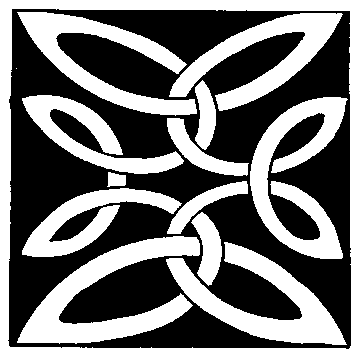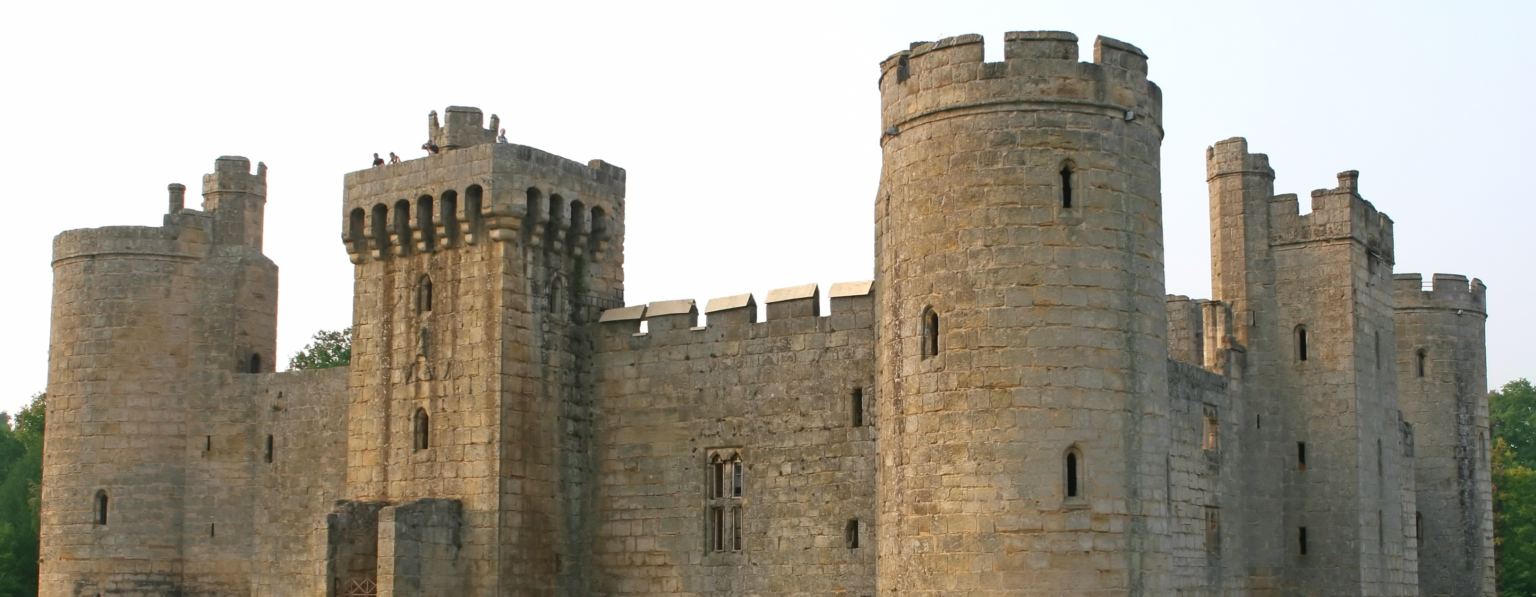| This article is a part of our FREE CRASH COURSE on OLD ENGLISH LITERATURE. CLICK HERE to access the complete material. |
We discuss Old English Literature and not discuss Beowulf… well, is that possible? Beowulf covers the majority of the portion of the Old English Era. It’s an epic but it is not just another boring literary yawnfest. It is a cool story! There are monsters, treasures, heroes, dragons, heroes killing dragons, and much more. (Sounds like a perfect plot to make it into a Marvel movie, huh!)
Beowulf, the epic written in the Old English, was composed in the early medieval era. Beowulf narrates the heroic exploits of its eponymous protagonist, Beowulf, a Geatish warrior, offering a window into the historical, social, and cultural nuances of the Anglo-Saxon world. The origins of this epic are unknown, but its composition is generally attributed to an unknown poet, often referred to as the Beowulf poet or scop.
[Scop… pronounced as ‘Shop’]
Beowulf has a long, complicated, yet pretty exciting history. It is a testament to early medieval England’s rich cultural, historical, and literary landscape. So, before reading it, let’s spend some time getting to know the people who wrote it, who told it, and who were in it.
So, shall we begin?
| CONTENTS OF THIS ARTICLE: – Introduction to Beowulf – Why is the Beowulf poem called Beowulf? – Who could have written Beowulf? and When? – How was the story Beowulf initially told? Historical Context of Beowulf – The Anglo-Saxon Period concerning Beowulf – Christianization of Anglo-Saxon England Cultural Context to Beowulf – Anglo-Saxon Society – Concept of Wyrd Literary Context to Beowulf Linguistic Context to Beowulf |
Introduction to Beowulf
The poem Beowulf is set in 6th-century Denmark and Sweden. Beowulf narrates the heroic exploits of its eponymous protagonist, Beowulf, a Geatish warrior of unparalleled strength and courage. This was the time when key historical figures such as Hrothgar ruled England. Hrothgar is believed to have been a real person. But, the story of Beowulf also contains mythical figures such as Grendel, Grendel’s mother, and a dragon.
Also, it is essential to note that Paganism was a major religion during the time the story is set. So, all the characters in Beowulf were Pagans.
Why is the Beowulf poem called Beowulf?
The poem is named after its protagonist, Beowulf, the heroic Geatish warrior at the center of the narrative.
The title “Beowulf” was not assigned by a single identifiable individual; rather, it is a convenient label derived from the central character’s name.
In the Anglo-Saxon oral tradition from which Beowulf emerged, titles were often given to a literary piece based on the main characters or events within the narrative. It simplified identification and oral transmission.
As students of Literature, if we are to think logically, we can come up with a few points –
- During the period that has given us Beowulf, The poem and other pieces of literature were generally presented in an oral form. So, there is a fair chance that Beowulf was never assigned any name. It was probably just a story sung/told over generations.
That means we can attribute the absence of an original title to the oral nature of its composition. Initially shared through the spoken word, the poem may have evolved as various scops, or poets recited and embellished the story in different locations. - The poem Beowulf was found as a manuscript in poor condition. Also, when it was found, there wasn’t any name given to the poem. So, it was convenient as well as logical to name the epic after its protagonist.
NOTE: –
There exists a book “Cotton MS Vitellius A XV.” It is one of the four main collections of Old English poetry. “The Nowell Codex” is the second part of a book. It’s most famous for being the unique place where the epic poem Beowulf is found.
Who could have written Beowulf? and When?
Beowulf is most likely written by two monks in England. How do we know it?
Handwriting analysis of the medieval manuscript dated it to the early 11th. century. It was written over centuries.
How was the story Beowulf initially told?
The story of “Beowulf” most likely evolved as spoken word as Anglo-Saxons recounted by Scops, sung from memory at dinnertime, around the fire, or in mead halls.
The story of Beowulf was initially told through the oral tradition, a method of storytelling prevalent in the Anglo-Saxon culture.
Who were Scops? Proficient poets, known as scops, were responsible for reciting and preserving the tales of their society. The scops would memorize epic poems and perform them in the courts of kings and nobles or during communal gatherings.
The telling of Beowulf was a dynamic and interactive process, where the scop employed poetic devices such as alliteration, kennings, and rhythm to captivate the audience.
The absence of a written text in the early stages meant that each scop added its stylistic twists and variations to the original narrative, contributing to the poem’s rich and diverse history.
Over time, as the written tradition gained prominence, some good fellow(s) eventually must have written down the oral composition of Beowulf. Thus, it gained a place in our written literature studies.
Historical Context of Beowulf
Understanding the historical backdrop is crucial to decipher the societal ethos that influenced the poem’s creation.
The Anglo-Saxon Period concerning Beowulf:
Beowulf was written during the Anglo-Saxon period. As we saw in the previous articles, this was the time of the migration of Germanic tribes to England (in the early 5th century).
WHAT HAPPENED BEFORE & DURING THE OLD ENGLISH AGE? POLITICAL CONTEXT
The migration patterns, tribal conflicts, hotchpotch of traditions and cultures, and the establishment of Anglo-Saxon kingdoms lay the foundation for the epic’s narrative.
Christianization of Anglo-Saxon England:
A significant historical shift during this period was the conversion of the Anglo-Saxons to Christianity. Beowulf, however, preserves traces of pagan traditions alongside Christian elements. This syncretism reflects the transitional nature of Anglo-Saxon society, where older beliefs coexisted with emerging Christian influences.
Cultural Context to Beowulf
Talking about cultures associated with Beowulf, we need to discuss not 1, but 3 different aspects.
| People in the story (Characters) | People who told the story | People who wrote down the story | |
| Period | 5th-century CE (When the characters lived) | 8th-century CE (Several hundreds of years after the story took place) | ~ 12th-century CE (Post Norman Conquest) |
| Location | Setting: – Scandinavia | Anglo-Saxon England | Anglo-Saxon England |
| Peoples | About Beowulf, Grendel, Hrothgar, etc. These characters are considered to be the descendants of Geats. | Descendants of people/characters in the story. They are talking about their ancestors. For them, they are talking about the events that happened before they came to England (became Anglo-Saxon) | Beowulf was written by an anonymous poet over the years from their memory. |
| Religion | Pagans | Christianisation had began (Before: – Pagans) | Christianity has started becoming prominent in society. Supposedly, it was written by two English Christian monks. |
Anglo-Saxon Society:
Anglo-Saxons, the Germanic tribes, had a warrior mindset. They celebrated comitatus, courage, bravery, heroic feats, kinship, fraternity, and loyalty to their lords/kings. The society was patriarchal.
During the Anglo-Saxon period, society was all about tribal groups or clans. Each of those groups was led by a king or a chieftain. (Every team has a boss!) Loyalty to your lord/king was a huge deal. Warriors would swear oaths of fealty, promising to defend their king in war and serve him faithfully during peace. This setup, known as the feudal system, was how everything ran smoothly. It was like a give-and-take relationship—kings protected their warriors, and in return, the warriors had their kings’ backs.
Anglo-Saxon warriors society was motivated to attain glory for their lords, ancestors, tribes/clans, and warriors themselves. When there were warriors and regular wars, violence was no big deal.
When we read Beowulf, we can see the sense of fraternity and kinship from their mead-hall parties. Their king would spend most of his time in the mead-hall. Mead, being an alcoholic beverage, shows that drinking was an important part of their everyday life.
Concept of Wyrd:
Anglo-Saxon society had a deep-rooted concept called “Wyrd.” (Pronounced as weird/word) It means Fate or Destiny as determined by the Gods. Fate is like this idea that things are meant to happen a certain way. The characters just roll with it, believing that destiny’s already written.

Image Source: Wyrd: The Role of Fate
Literary Context to Beowulf
During the Old English Period, some 30,000 lines were written. (At least that’s what we have found) Out of which, Beowulf gives us ~4000 lines. No doubt, Beowulf is considered to be the most important work of the Anglo-Saxon era.
Linguistic Context to Beowulf
If you try to read and listen to Beowulf, you will see that the Old English language sounds a lot like German. Since the Anglo-Saxons were Germanic tribes that migrated to England, it makes sense. However, it is important to note that this language is the earliest, original form of English that we know today.
In the history of England, if you notice, the Anglo-Saxon era was relatively short. However, the Old English Language and the works written in it, especially Beowulf, have given us today’s global language, English.
Another thing to notice here is that it is poetry. So do the other works we have been studying as a part of this crash course.
Yes, English Poetry is older than English Prose. Latin has the system of writing but it wouldn’t reach England until around 700 CE (when Anglo-Saxons converted to Christianity). So, till that time, Beowulf was passed on by memory for centuries as poetry.
To be continued…
To be continued…

